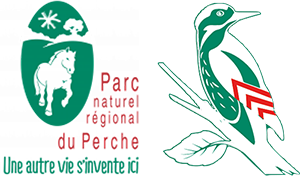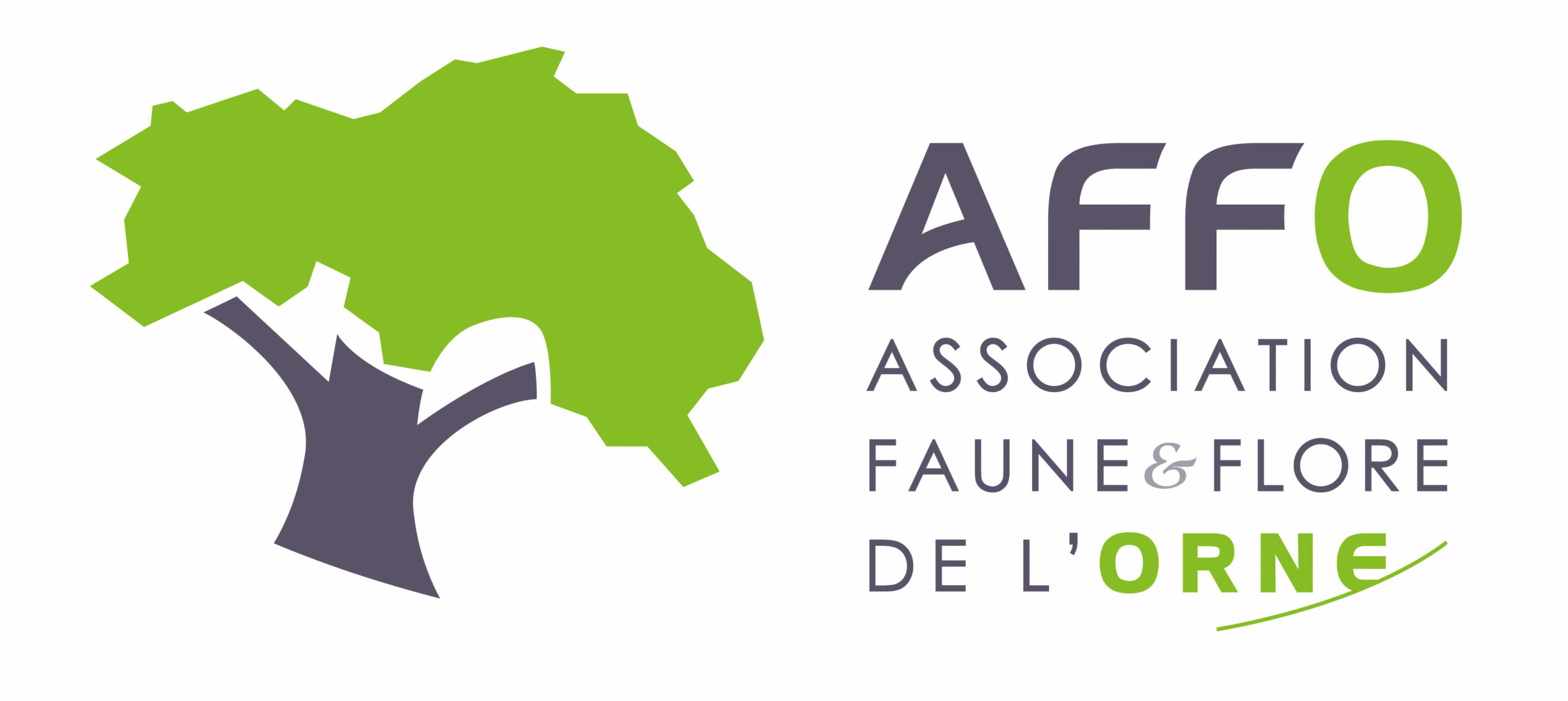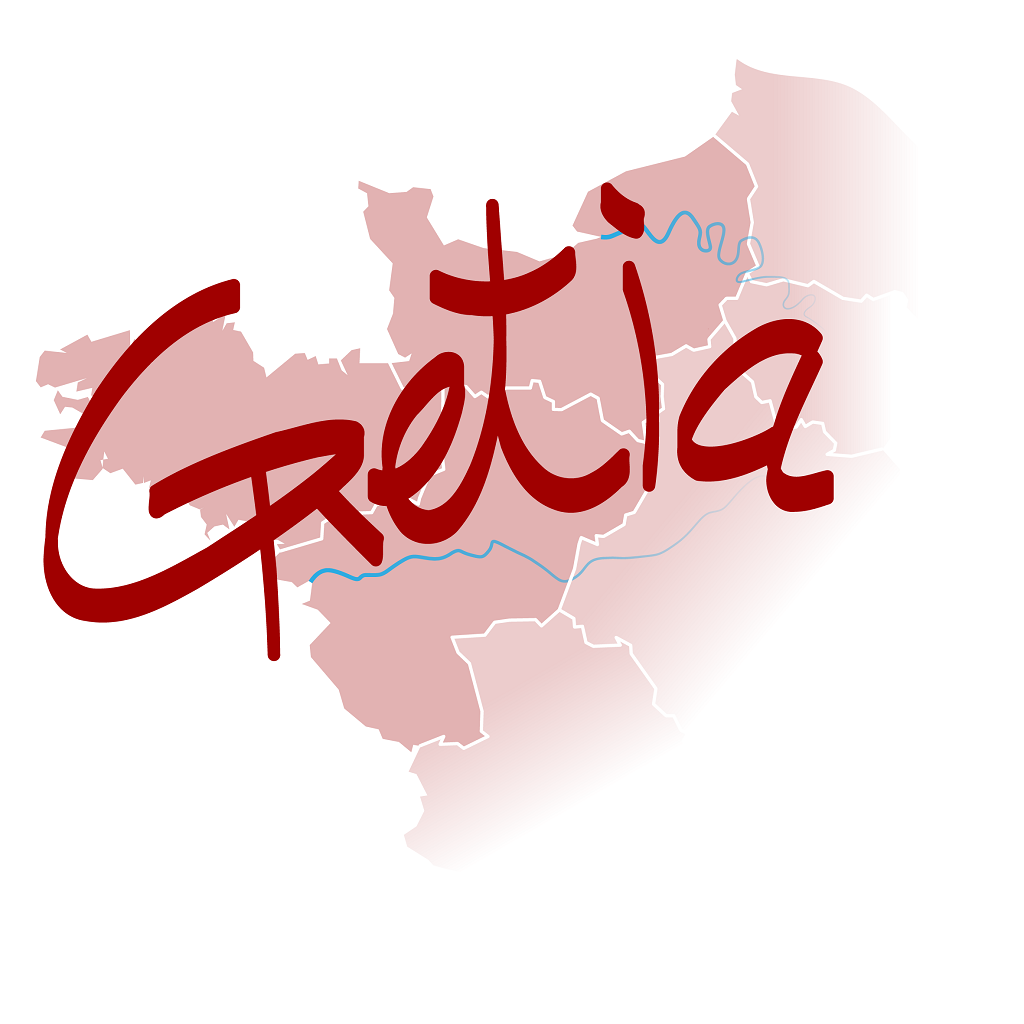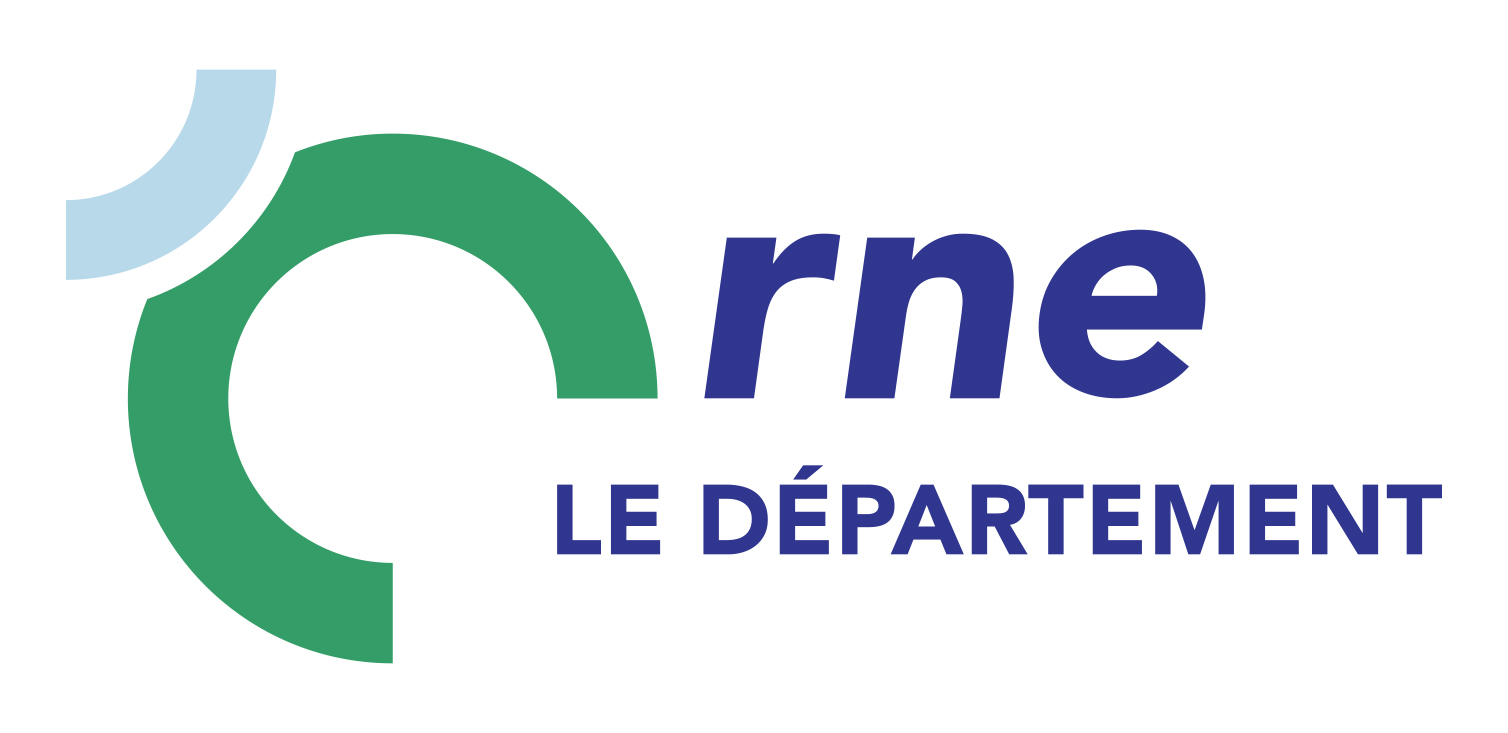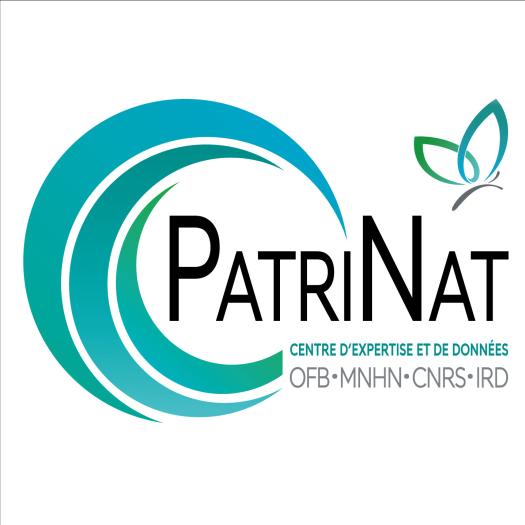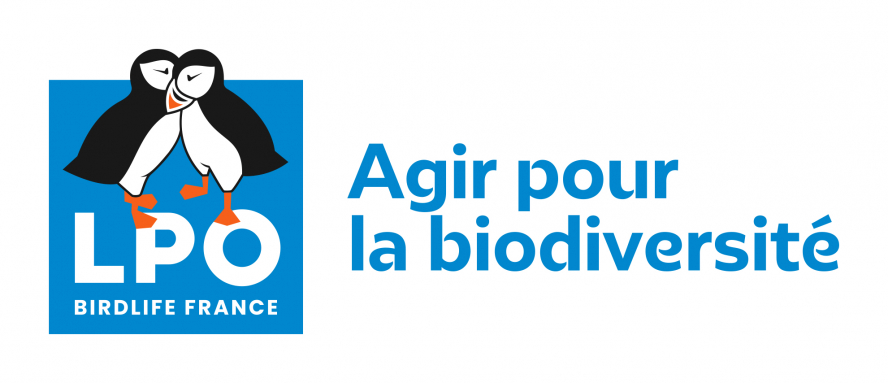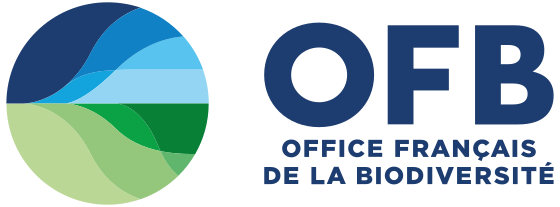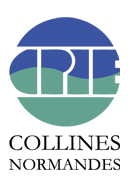- 318 observations
-
82
communes -
64
observateurs
26
organismes -
Première observation
1900 -
Dernière observation
2025
Alençon - Appenai-sous-Bellême - Athis-Val de Rouvre - Bagnoles de l'Orne Normandie - Beauvain - Bellou-en-Houlme - Berjou - Boischampré - Bretoncelles - Briouze - Ceaucé - Ceton - Chahains - Chailloué - Champsecret - Condé-sur-Sarthe - Cour-Maugis sur Huisne - Domfront en Poiraie - Écouché-les-Vallées - Écouves - Feings - Ferrières-la-Verrerie - Giel-Courteilles - Gouffern en Auge - Héloup - La Bellière - La Chaux - La Coulonche - La Ferrière-Béchet - La Ferté Macé - L'Aigle - La Lande-de-Goult - La Motte-Fouquet - Le Champ-de-la-Pierre - Le Châtellier - Le Grais - Le Ménil-Broût - Les Monts d'Andaine - Les Ventes-de-Bourse - Longny les Villages - Lonlay-l'Abbaye - L'Orée-d'Écouves - Magny-le-Désert - Marchemaisons - Ménil-Hermei - Ménil-Hubert-en-Exmes - Messei - Mieuxcé - Moutiers-au-Perche - Passais Villages - Perche en Nocé - Putanges-le-Lac - Rémalard en Perche - Rives d'Andaine - Rouperroux - Sablons sur Huisne - Saint-André-de-Messei - Saint-Bômer-les-Forges - Saint-Céneri-le-Gérei - Saint-Denis-sur-Sarthon - Sainte-Honorine-la-Guillaume - Saint-Ellier-les-Bois - Saint-Fraimbault - Saint-Germain-du-Corbéis - Saint-Gilles-des-Marais - Saint-Léger-sur-Sarthe - Saint-Mars-d'Égrenne - Saint-Nicolas-des-Bois - Saint-Ouen-le-Brisoult - Saint-Patrice-du-Désert - Saint-Philbert-sur-Orne - Saint-Pierre-d'Entremont - Saint-Pierre-des-Loges - Saint-Pierre-la-Bruyère - Saint-Sauveur-de-Carrouges - Soligny-la-Trappe - Suré - Tessé-Froulay - Torchamp - Tourouvre au Perche - Val-au-Perche - Verrières
-
PNR et géoparc mondial UNESCO Normandie-Maine
Participation à 112 Observations
Part d'aide à la prospection : 35.22 %
Fiche organisme
-
Association Faune & Flore de l'Orne (AFFO)
Participation à 69 Observations
Part d'aide à la prospection : 21.70 %
Fiche organisme
-
GRoupe d'ETude des Invertébrés Armoricains (GRETIA)
Participation à 54 Observations
Part d'aide à la prospection : 16.98 %
Fiche organisme
-
Office pour les insectes et leur environnement (OPIE)
Participation à 47 Observations
Part d'aide à la prospection : 14.78 %
Fiche organisme
-
Société Française d'Odonatologie
Participation à 47 Observations
Part d'aide à la prospection : 14.78 %
Fiche organisme
-
Conseil départemental de l'Orne (bureau ENS)
Participation à 35 Observations
Part d'aide à la prospection : 11.01 %
Fiche organisme
-
PNR du Perche
Participation à 32 Observations
Part d'aide à la prospection : 10.06 %
Fiche organisme
-
DREAL Centre-Val de Loire
Participation à 16 Observations
Part d'aide à la prospection : 5.03 %
Fiche organisme
-
UMS PatriNat (OFB-CNRS-MNHN)
Participation à 10 Observations
Part d'aide à la prospection : 3.14 %
Fiche organisme
-
Peter Stallegger (Consultant Environnement)
Participation à 7 Observations
Part d'aide à la prospection : 2.20 %
Fiche organisme
-
Ministère de la Transition écologique et de la Cohésion des territoires
Participation à 5 Observations
Part d'aide à la prospection : 1.57 %
Fiche organisme
-
Naturalia-Environnement
Participation à 4 Observations
Part d'aide à la prospection : 1.26 %
Fiche organisme
-
Habitants-bénévoles
Participation à 4 Observations
Part d'aide à la prospection : 1.26 %
Fiche organisme
-
Conseil départemental de l'Orne
Participation à 4 Observations
Part d'aide à la prospection : 1.26 %
Fiche organisme
-
INTERVIA ETUDES
Participation à 4 Observations
Part d'aide à la prospection : 1.26 %
Fiche organisme
-
Bureaux d'études & consultants
Participation à 3 Observations
Part d'aide à la prospection : 0.94 %
Fiche organisme
-
Office national des forêts (ONF)
Participation à 3 Observations
Part d'aide à la prospection : 0.94 %
Fiche organisme
-
Système mondial d’information sur la biodiversité (GBIF)
Participation à 2 Observations
Part d'aide à la prospection : 0.63 %
Fiche organisme
-
Office Français de la Biodiversité (OFB)
Participation à 2 Observations
Part d'aide à la prospection : 0.63 %
Fiche organisme
-
CPIE Collines normandes
Participation à 2 Observations
Part d'aide à la prospection : 0.63 %
Fiche organisme
-
Le Monde des Insectes (insectes.org)
Participation à 1 Observation
Part d'aide à la prospection : 0.31 %
Fiche organisme
-
Ferme éolinne de Germancé à Saint-Ellier-les-Bois
Participation à 1 Observation
Part d'aide à la prospection : 0.31 %
Fiche organisme
Informations espèce
Répartition actuelle en France métropolitaine
© INPN - Avertissement : les données visualisables reflètent l'état d'avancement des connaissances et/ou la disponibilité des données existantes au niveau national : elles ne peuvent en aucun cas être considérées comme exhaustives.
Répartition actuelle dans le monde
Avertissement : les données visualisables reflètent l'état d'avancement des connaissances et/ou la disponibilité des données existantes au niveau mondial : elles ne peuvent en aucun cas être considérées comme exhaustives.




